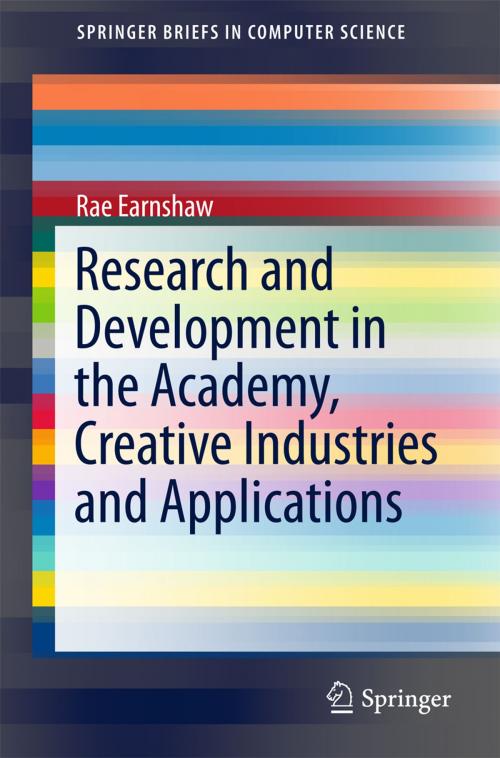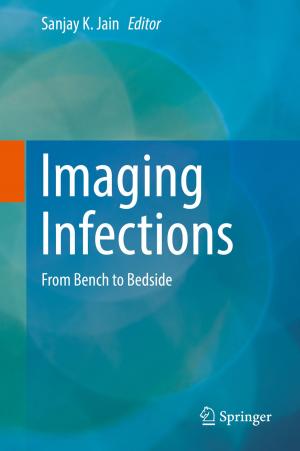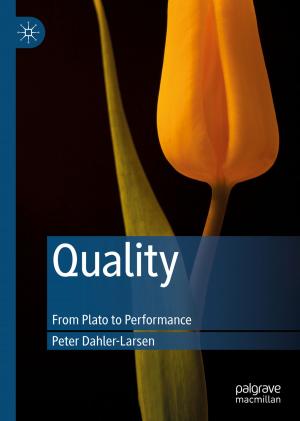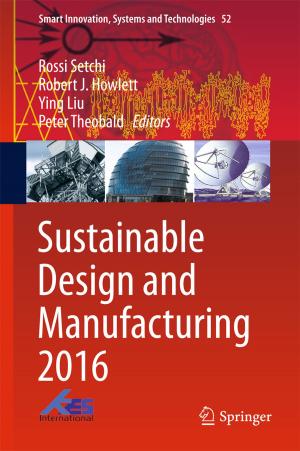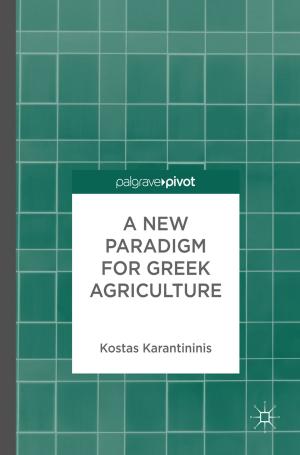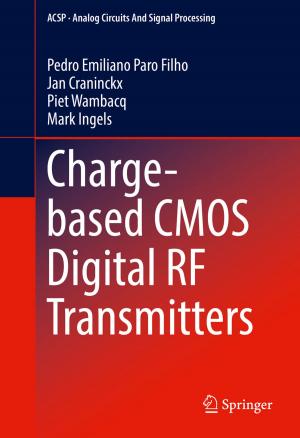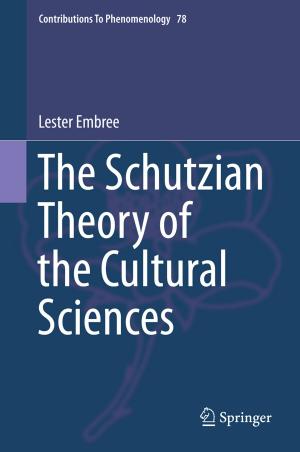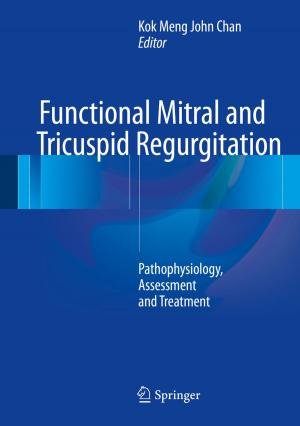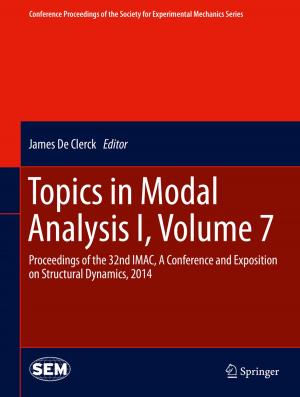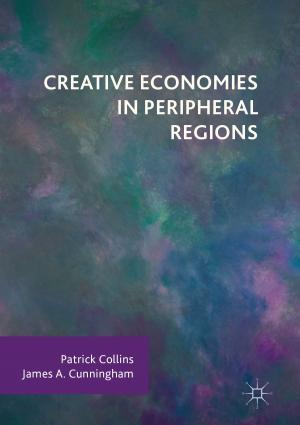Research and Development in the Academy, Creative Industries and Applications
Nonfiction, Computers, Advanced Computing, Programming, User Interfaces, Database Management, Data Processing, General Computing| Author: | Rae Earnshaw | ISBN: | 9783319540818 |
| Publisher: | Springer International Publishing | Publication: | March 7, 2017 |
| Imprint: | Springer | Language: | English |
| Author: | Rae Earnshaw |
| ISBN: | 9783319540818 |
| Publisher: | Springer International Publishing |
| Publication: | March 7, 2017 |
| Imprint: | Springer |
| Language: | English |
This book examines how creativity feeds through into typical application areas, and the lessons that can be learned from this. A number of Case Studies in creative and general application domains are included which illustrate how the academy and industry can collaborate to mutual benefit and advantage. It also examines the pros and cons of the collaboration, and what lessons can be learned from successes or failures in aspects of the implementation and delivery.
The academy has played a key role in the past in the research and development of key ideas and patents that have been migrated into successful industrial products and services and continues to do so. A variety of models of interaction between the academy and industry have been developed depending on the circumstances of the institution, its mission, its values, its expertise, and its relationship to the local and cultural environment in which it is situated. These models are reviewed and evaluated.
The process of initial idea through to design and successful implementation is a pipeline. If this process requires the involvement of technology (as is more often the case – as creative applications are increasingly dependent on technology) then there is need to understand how this can efficiently and optimally be done. A number of factors tend to be generic and permeate many application areas (such as bandwidth requirements, use of colour, interaction methods) whilst others are more customized with specialist hardware and software (e.g. shared virtual environments, augmented reality).
This book examines how creativity feeds through into typical application areas, and the lessons that can be learned from this. A number of Case Studies in creative and general application domains are included which illustrate how the academy and industry can collaborate to mutual benefit and advantage. It also examines the pros and cons of the collaboration, and what lessons can be learned from successes or failures in aspects of the implementation and delivery.
The academy has played a key role in the past in the research and development of key ideas and patents that have been migrated into successful industrial products and services and continues to do so. A variety of models of interaction between the academy and industry have been developed depending on the circumstances of the institution, its mission, its values, its expertise, and its relationship to the local and cultural environment in which it is situated. These models are reviewed and evaluated.
The process of initial idea through to design and successful implementation is a pipeline. If this process requires the involvement of technology (as is more often the case – as creative applications are increasingly dependent on technology) then there is need to understand how this can efficiently and optimally be done. A number of factors tend to be generic and permeate many application areas (such as bandwidth requirements, use of colour, interaction methods) whilst others are more customized with specialist hardware and software (e.g. shared virtual environments, augmented reality).
